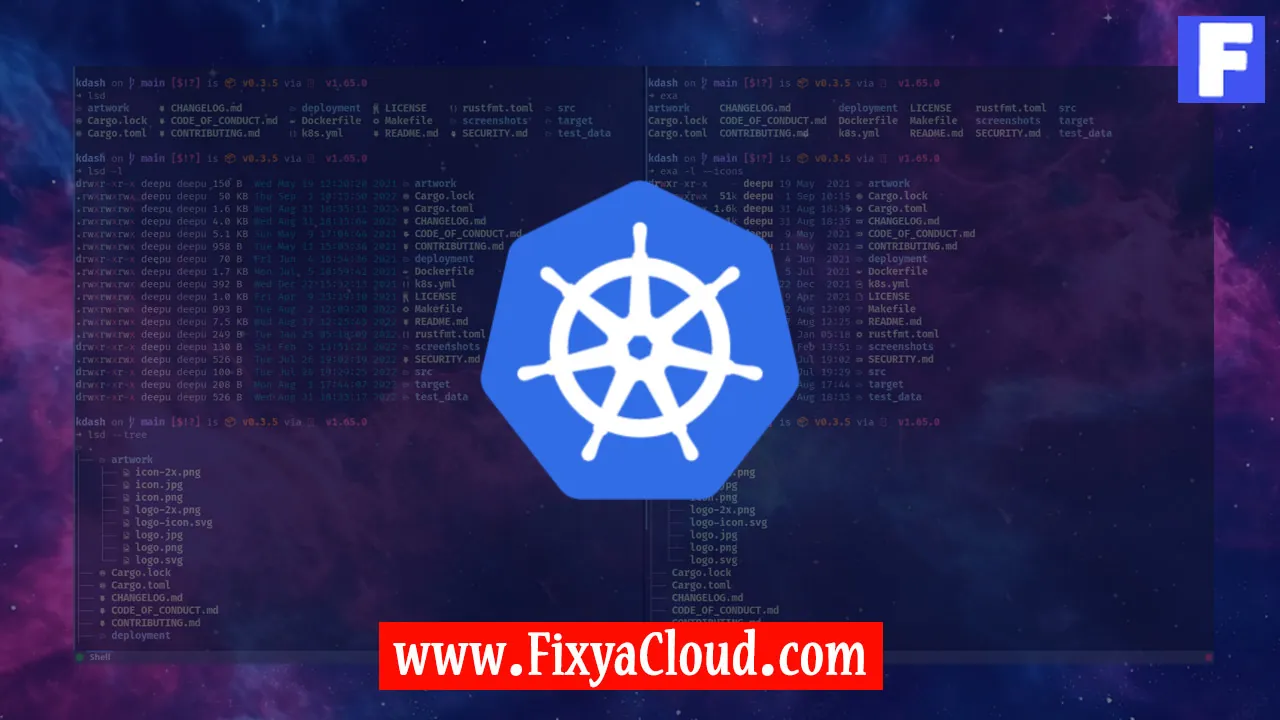Kubernetes Monitoring with Sensu

Monitoring is a critical aspect of managing Kubernetes clusters, ensuring that applications run smoothly and issues are addressed promptly. In the complex landscape of container orchestration, having a robust monitoring solution is indispensable. In this article, we will explore the integration of Sensu, a powerful monitoring framework, with Kubernetes. Sensu offers a flexible and scalable approach to monitoring, making it an excellent choice for Kubernetes environments.
Kubernetes, with its dynamic nature and scalability, demands an equally dynamic monitoring solution. Sensu, an open-source monitoring framework, excels in this arena by providing a versatile platform for monitoring various aspects of a Kubernetes cluster. It allows for real-time visibility into the health and performance of your applications and infrastructure, helping you proactively address potential issues.
Getting Started:
Before diving into the integration, let's ensure that you have a running Kubernetes cluster and a Sensu backend set up. You can install Sensu using the following commands:
# Install Sensu Go backend
kubectl apply -f https://docs.sensu.io/sensu-go/latest/files/backend/deploy.yaml
Once the Sensu backend is up and running, deploy the Sensu agent on each Kubernetes node:
# Install Sensu Go agent
kubectl apply -f https://docs.sensu.io/sensu-go/latest/files/agent/deploy.yaml
Configuring Sensu for Kubernetes:
Sensu uses checks to monitor various aspects of your environment. Let's create a simple check for monitoring the CPU usage of a Kubernetes pod. Create a file named cpu-check.yaml with the following content:
type: CheckConfig
api_version: core/v2
metadata:
name: cpu-check
spec:
command: check-cpu.sh
subscriptions:
- kubernetes
Apply the configuration using:
kubectl apply -f cpu-check.yaml
This check uses a hypothetical check-cpu.sh script to monitor CPU usage. You can replace it with your own script or use one of the many available Sensu plugins.
Monitoring Kubernetes Resources:
To extend monitoring beyond individual pods, Sensu provides a Kubernetes-specific integration. Install the Sensu Kubernetes events handler:
kubectl apply -f https://docs.sensu.io/sensu-go/latest/files/kubernetes-handler.yaml
This handler captures Kubernetes events and forwards them to the Sensu backend, allowing you to monitor the overall health of your cluster.
Scaling with Sensu Agents:
As your Kubernetes cluster grows, deploying and managing Sensu agents on each node becomes crucial. Utilize Kubernetes DaemonSets for automatic agent deployment:
kubectl apply -f https://docs.sensu.io/sensu-go/latest/files/agent-daemonset.yaml
This ensures that a Sensu agent runs on every node in your cluster, providing comprehensive monitoring coverage.
Alerting and Notifications:
Sensu enables you to define alerting rules based on check results. Create a simple alert using the following configuration:
type: Handler
api_version: core/v2
metadata:
name: email
spec:
type: pipe
command: "mail -s 'Sensu Alert' your@email.com"
Associate this handler with your check to receive email alerts for any issues detected.
So, integrating Sensu with Kubernetes provides a powerful monitoring solution, offering real-time insights into your cluster's health and performance. The flexibility and scalability of Sensu make it an ideal choice for dynamic and ever-changing Kubernetes environments. By following the steps outlined in this article, you can establish a robust monitoring framework that enhances the reliability of your applications.
Related Searches and Questions asked:
That's it for this topic, Hope this article is useful. Thanks for Visiting us.
